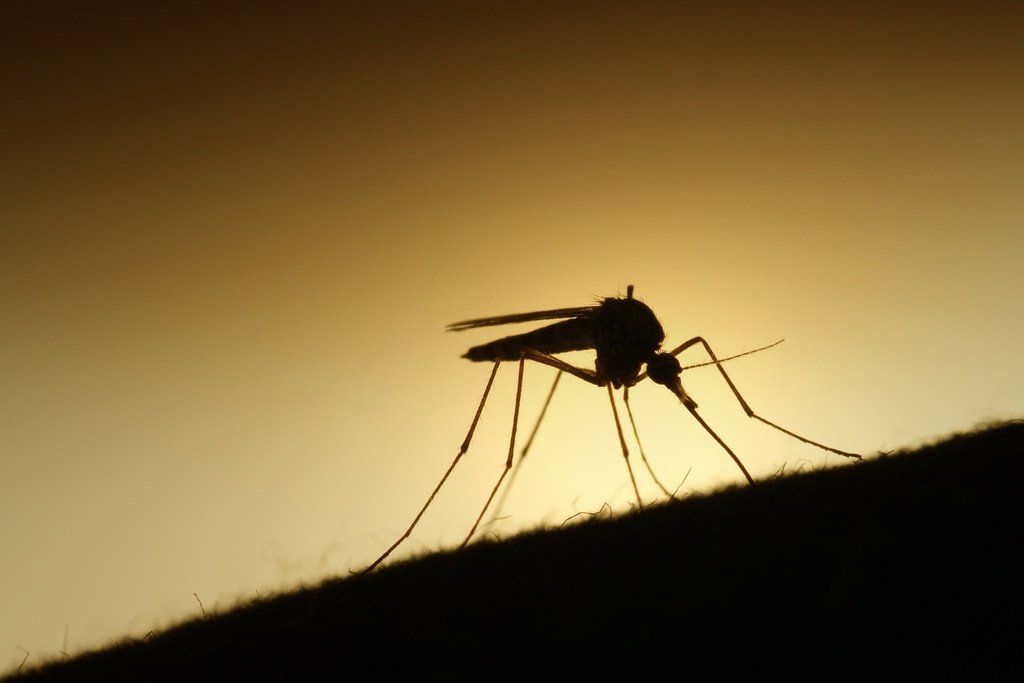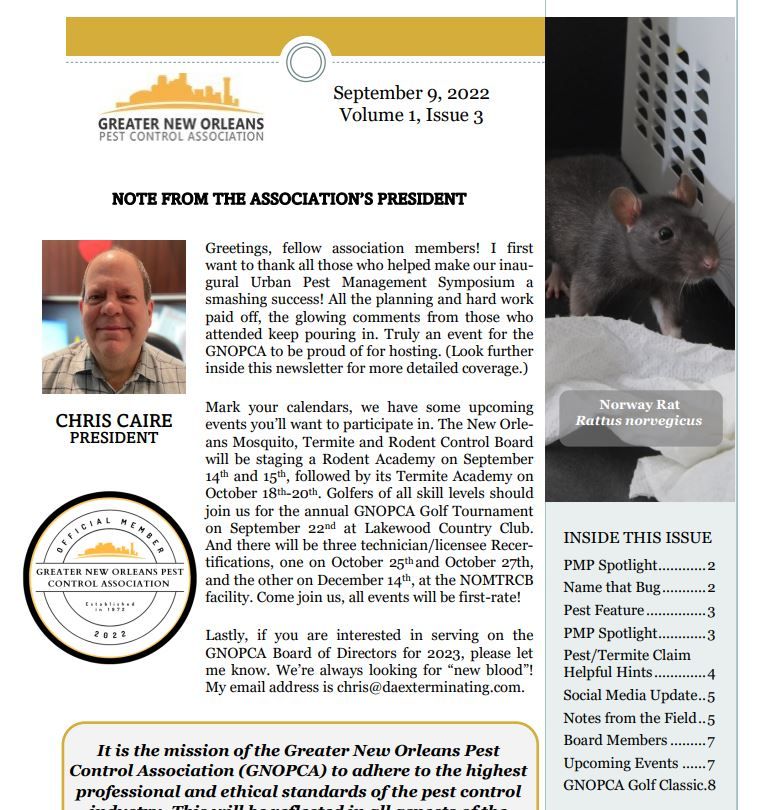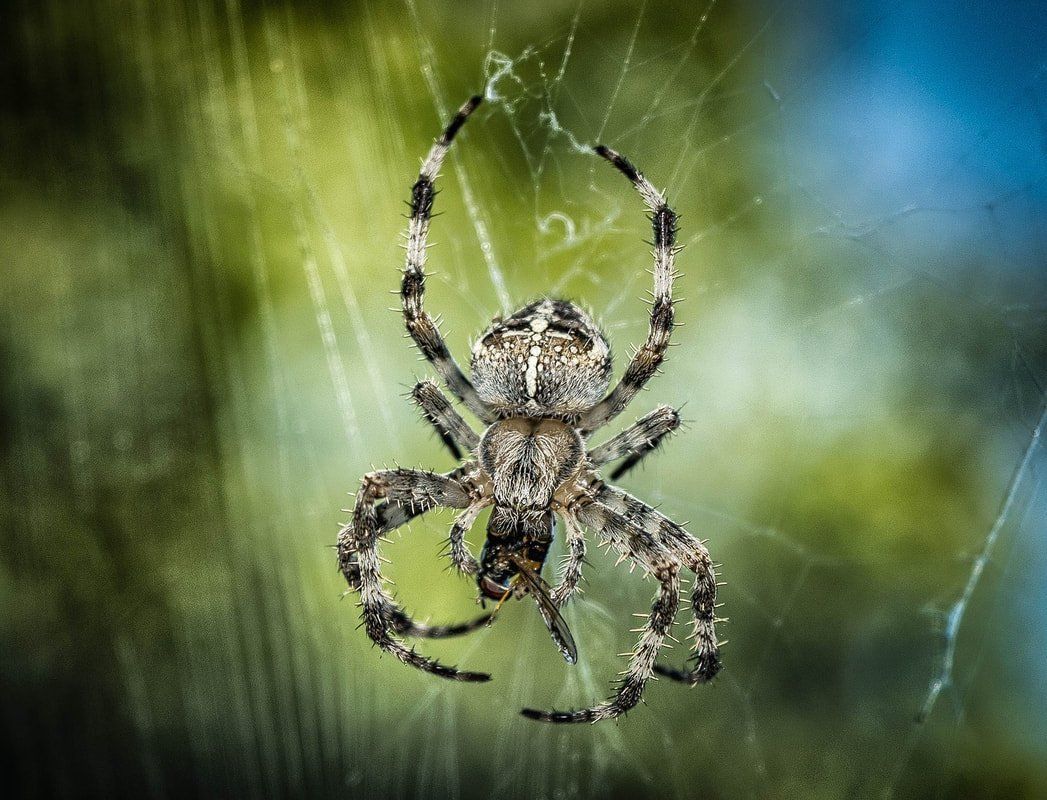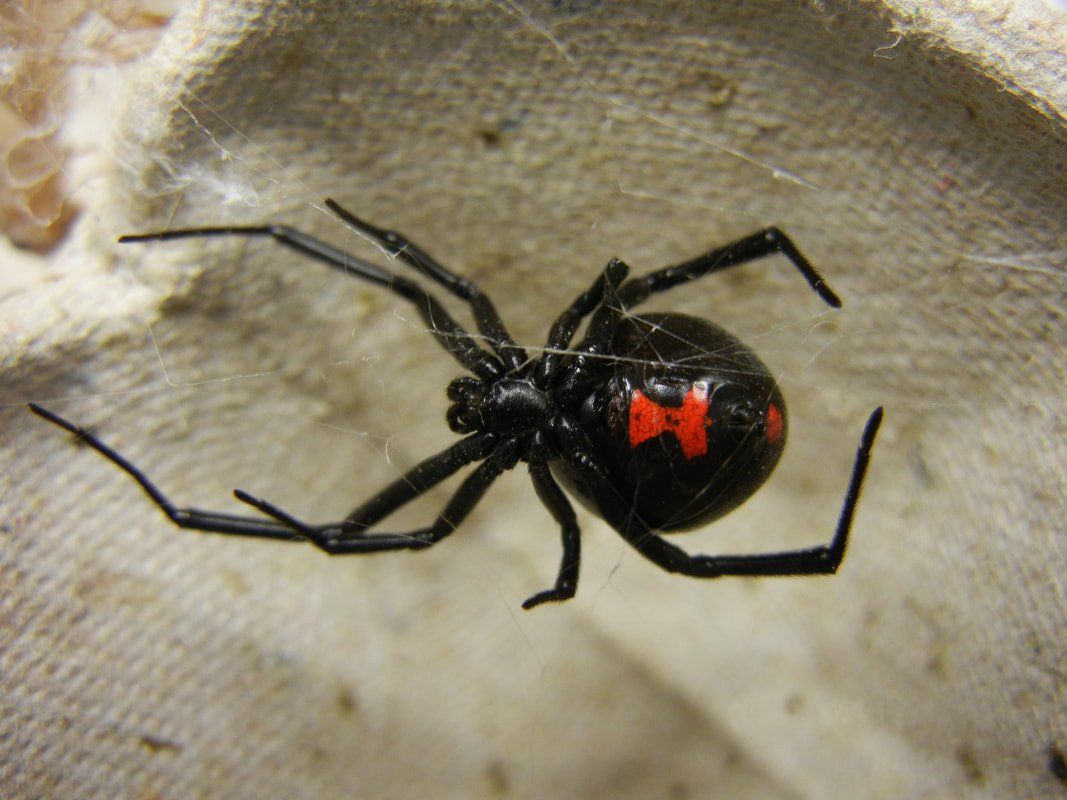DA Exterminating Co., Inc. | 4440 Wabash Street Metairie, LA 70001
📞(504) 888-4941
DA Exterminating Co. of St. Tammany, Inc. | 13433 Seymour Myers Blvd., Ste 2 Covington, LA 70433
DA Exterminating Co. of Houma, Inc. | 202 Enterprise Dr. Houma, LA 70360
Blog Layout
The Buzz on Another Mosquito-Borne Disease
Admin • Aug 15, 2018
You may have seen the recent news headlines about Zika virus, a rare mosquito-borne disease that has made its way to the United States. We’ve assembled some information that answers many questions about this virus.
Q: How is Zika virus transmitted?
A: Zika virus is spread through the bite of an infected Aedes genus of mosquitoes, which is the same type of mosquito that carries dengue fever and chikungunya. Aedes aegypti mosquitoes, which live predominantly in tropical and sub-tropical regions, are the primary carriers.
Q: What are the chances of an outbreak in the United States?
A: While the probability of infected mosquitoes traveling to the United States is unlikely, there is reason to believe that Zika virus can spread locally. The National Pest Management Association (NPMA), Centers for Disease Control and Prevention (CDC) and other organizations are monitoring the situation closely.
Q: What are the symptoms of Zika virus?
A: In general, most cases cause no symptoms. Only about 1 in 5 people infected with Zika virus become ill. Those who do develop symptoms often experience several days of mild headaches, fever, rash, conjunctivitis (red eyes) and joint pain.
Q: What is the treatment for Zika virus?
A: Zika virus is a self-limiting disease that typically only requires supportive care. Unfortunately, there is no medicine to treat Zika virus, nor any vaccine to prevent it at this time.
The 20 percent of infected people who actually develop symptoms should get plenty of rest, stay well hydrated by drinking plenty of fluids, and take acetaminophen for pain. It’s important to avoid aspirin and non-steroidal anti-inflammatory drugs (NSAIDs) until another infection like dengue fever can be ruled out.
Q: Can infection in a pregnant woman cause birth defects?
A: Zika virus has been linked to a neurological disorder called microcephaly, which is known to halt brain development in newborn babies, cause babies to be born with small heads and lead to early death. It should be noted that 2,782 cases of microcephaly were reported in Brazil in 2015, when the Zika virus outbreak began, compared to 147 cases in 2014 and 167 cases in 2013.
Q: How can I prevent Zika virus?
A: The NPMA urges people to protect their skin from mosquito bites when outdoors by applying an effective insect repellant containing at least 20% DEET, picaridin or oil of lemon-eucalyptus. People who are spending long amounts of time outdoors should also consider wearing long pants and long sleeved shirts to limit exposure to mosquitoes. The type of mosquito that carries Zika virus is daytime biter, so taking preventive measures at all times of the day is crucial.
It’s also important to take steps around one’s property to combat mosquito nesting and breeding sites. This includes eliminating standing water in or around the home, keeping windows and doors properly screened and repairing even the smallest tear or hole.
Concerned about mosquitoes in your yard? Call DA Exterminating at 800-650-PEST.

By Lorenz Marsh
•
14 Jun, 2022
Always proud to be a member of PCT Magazine’s “Top 100” companies ( by annual revenue) in America. This is Ed, Jed and me accepting the award in Orlando the other night. Thanks to our wonderful DA team at all 3 DA branches and our loyal customers, it takes everyone to achieve success! (David Cherry, our longtime GM in Houma, left before we grabbed this photo…sorry David!) — Chris Caire, Jed, and Ed Reynolds.
By Admin
•
14 Dec, 2018
One noticeable change in the outdoors as winter approaches is the reduction of flying insects such as mosquitoes, flies, and bees.

By Admin
•
06 Dec, 2018
When the holidays come to an end, it will be time to store the trees and decorations until Christmas 2019. Safeguard all of your favorite holiday decorations so they are free of pests while sitting in the attic, basement or other storage space until the holiday season comes around next year. Christmas decorations provide harborage and, in some cases, food for various kinds of pests, especially rodents. So we have assembled some decoration storage tips to prevent surprises next year when you open your decoration containers. to seal them in plastic containers if you must save these from 1) Dried berries, seeds and other natural materials are especially attractive to mice. The best idea is to seal them in plastic containers. Discard natural decorations after using each year including real gingerbread houses, candy canes and natural wreaths. 2) Cardboard can be a favorite nesting material for rodents, so don’t store artificial Christmas trees in cardboard; instead, use plastic sealable bags or containers. That goes for all other Christmas decorations. 3) Examine all decorations for any that are broken or that you won't use next year and discard them. 4) Wash linens and other fabrics and store in sealed plastic bags to prevent moisture. 5) Before loading containers into a garage, basement, attic or other storage area, examine them and clean thoroughly to remove any debris that may be harborage areas for mice. 6) Store holiday candles separately. The scent from a candle can attract unwanted guests. Placing the candles in an area that is not exposed to extreme heat (e.g., attics or sheds) will resolve this problem. Wrap candles in plastic to prevent them from melting together or transferring color in warm conditions. If you follow these tips to properly pack and store your decorations, not only will you be more organized for Christmas 2019, but you will reduce the possibility of pests trying to share next year's holiday with you! To get more information on pest control services in New Orleans, contact the experts at DA Exterminating today by calling 800-650-PEST . Wishing you and your family a pest-free New Year!
By Admin
•
14 Nov, 2018
DA Exterminating is proud to present these easy pest prevention tips to keep pests from taking up residence in your New Orleans-area home.
By Admin
•
01 Nov, 2018
The time it takes to check your home before winter arrives will pay off in preventing pest problems. Here are five things you can do!
By Admin
•
17 Sep, 2018
t’s that time of year when certain pests seek a warm place to overwinter and this usually means YOUR HOME! We’ve assembled some tips to prevent these critters from moving in with you. Vacuuming is the best way to eliminate the insects once they are inside. Before the winter months approach, seal gaps around windows and doors, including garage doors. The best time for this is during the summer after pests have left their overwintering site, and before they come back for the next season. Look for areas where pipes and electrical or cable lines enter the building. Gaps around these areas should be sealed. Look for openings around soffits, eaves, attic fans, windows and vents in the attic used for ventilation. Many times these areas are not screened, allowing overwintering pests inside. Be sure screens on windows are in good repair and have no openings. Inspect chimneys. Be sure the damper is closed when not in use, and know that if you’re dealing with a wood-burning fireplace, lighting a fire may discourage the insects from using the chimney as an entry point. Tell customers that using “bug bombs” to treat the inside of a house can backfire — they may end up with dead insects still inside the walls, which then attract secondary pests, such as carpet beetles. Concerned about Fall Invaders? Call us today. 800-650-PEST .
Contact Information
DA Exterminating Co. of St. Tammany, Inc.
13433 Seymour Myers Blvd., Ste 2 Covington, LA 70433
All pictures, images and info contained in this website do not belong to any other parties other than Thryv and/ or DA Exterminating.
Content, including images, displayed on this website is protected by copyright laws. Downloading, republication, retransmission or reproduction of content on this website is strictly prohibited. Terms of Use
| Privacy Policy










